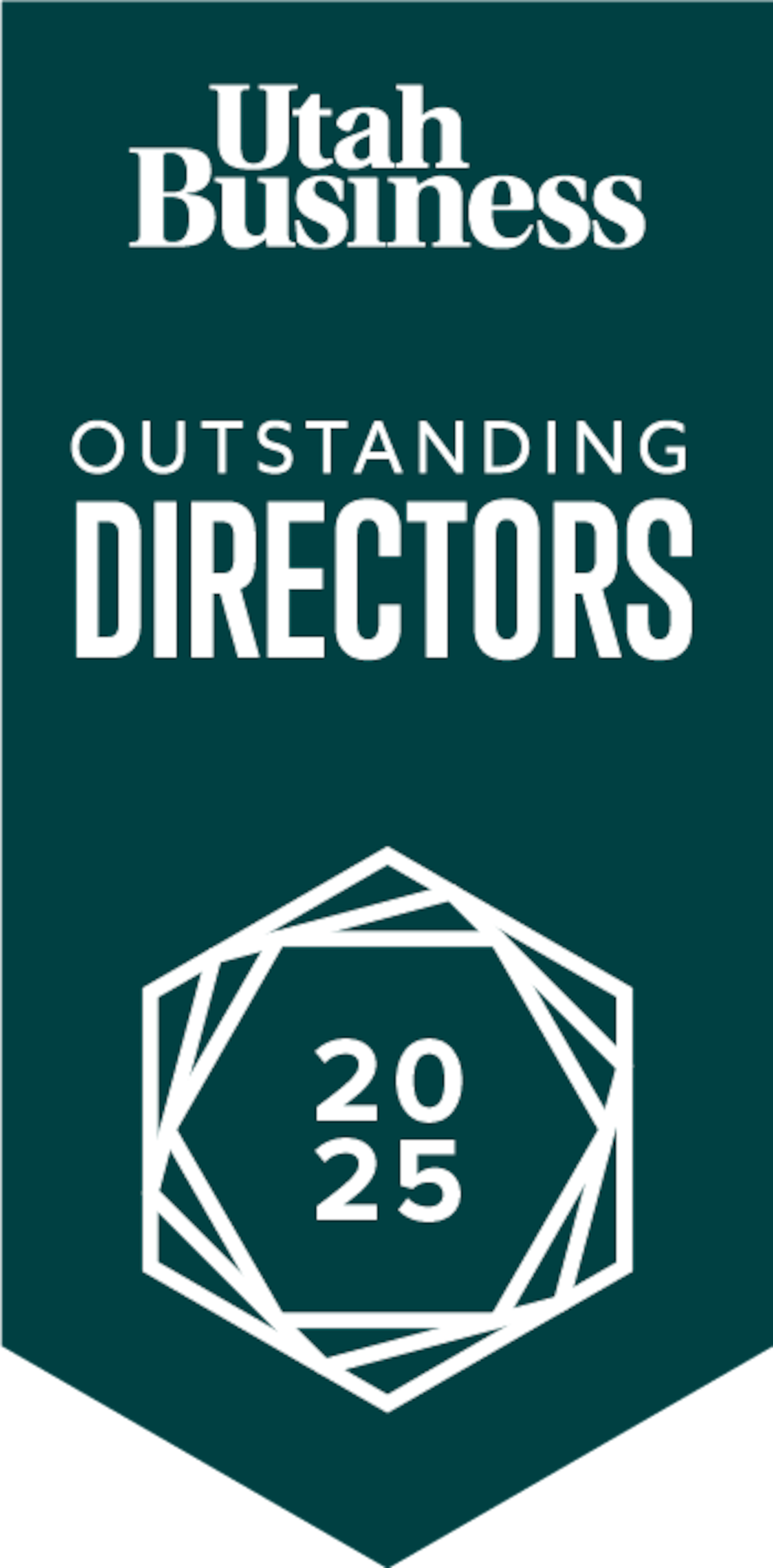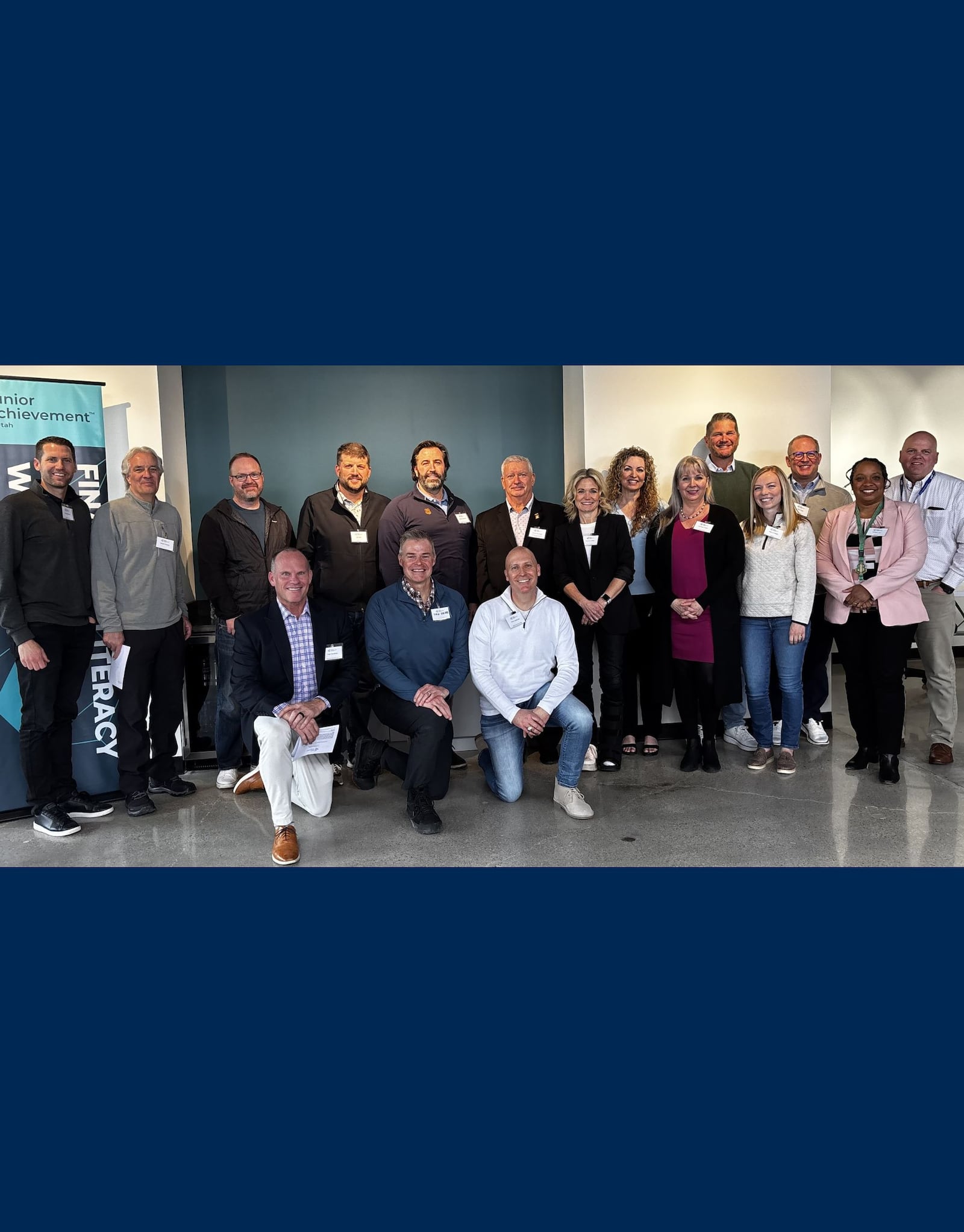FULL BOARD - NONPROFIT
Junior Achievement of Utah & Idaho
At Junior Achievement of Utah & Idaho, board members aren’t just overseeing an organization — they’re transforming how young people understand their futures. Through experiential learning programs that bridge education and real-world application, Junior Achievement complements classroom learning with practical participation.
“Junior Achievement is an organization that really helps to elevate the understanding that young people have about financial literacy, running a business and different career options — and does it through a hands-on experience,” explains Steve Daly, CEO of Instructure and chairman of the Junior Achievement board. “They get to apply in real life what they learn in the classroom.”
One flagship initiative, Junior Achievement City, brings fifth- and eighth-grade students into a simulated city where they elect a mayor, operate businesses, secure loans and manage finances. Through JA for a Day, volunteers visit schools to read to children and introduce community professionals who discuss their careers and the role of finance in everyday life.
Utah first lady Abby Cox, who serves on the Junior Achievement advisory council, emphasizes that these programs have a profound impact on students. “The need for Junior Achievement and this type of financial literacy is really powerful,” she says. “There are many people that may graduate, even from college, and don’t know enough about personal finances — let alone how the world works and what it means for them in their careers.”
The board leverages its collective network to extend Junior Achievement’s reach. Daly says board members support the Junior Achievement team by bringing in business contacts, which ultimately brings more resources and volunteers into classrooms.
“The most rewarding aspect of being a part of the Junior Achievement board is the ability for us to make decisions and have an influence on the things that our students are learning in the classroom,” Cox says. “Any time we can expose children to something that they’re not seeing at home or in the community — something that they can grab onto and say, ‘I can be that, I can do that,’ … I think that’s a really powerful thing.”



